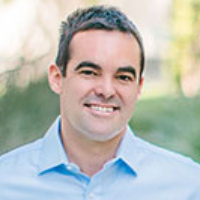Los Gatos Criminal Lawyer, California
Sponsored Law Firm
-
 x
x

Click For More Info:
-
Law Office of James Dal Bon
95 S Market St 3rd Fl San Jose, CA 95113 » view mapSanta Monica Employment Law Employment Representation
The Law Offices of James Dal Bon are poised to help during this difficult time, call today and speak with an Attorney right away.
800-913-2581  James Dal Bon San Jose, CA
James Dal Bon San Jose, CAAttorney At Law - CA, 1992
University of San Francisco, J.D. - 1991
 Frequently Asked Questions
Frequently Asked QuestionsEnter text from site here
 Contact UsEmail or Call 24/7
Contact UsEmail or Call 24/7Call today for your initial consultation.
James A. Dal Bon
✓ VERIFIEDAt The Law Offices of James Dal Bon, we are solutions-driven in our representation of both employers and employees involved in complex and costly disp... (more)
Diego F. MacWilliam
✓ VERIFIEDIf you have been arrested, perhaps for the first time, I understand how you feel and what you're going through. I am available to you for a no cost, ... (more)
Jerome Pierce Mullins
✓ VERIFIEDIf you or someone you know is charged with a serious criminal offense, I will discuss the matter at no charge. Please call me any time of the day or n... (more)
Cory Lee Fuller
Cory Lee Fuller is a seasoned criminal defense and personal injury attorney who is dedicated to protecting the legal rights his clients. Born and rais... (more)
FREE CONSULTATION
CONTACTKenneth W. Robinson
Alfredo M. Morales
FREE CONSULTATION
CONTACT
 Frequently Asked Questions
Frequently Asked Questions Contact UsEmail or Call 24/7
Contact UsEmail or Call 24/7




